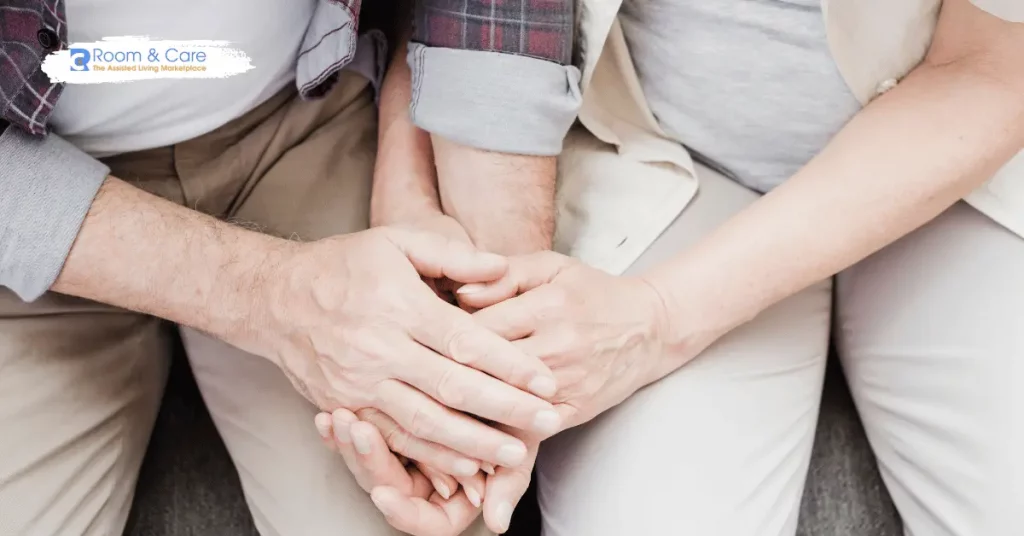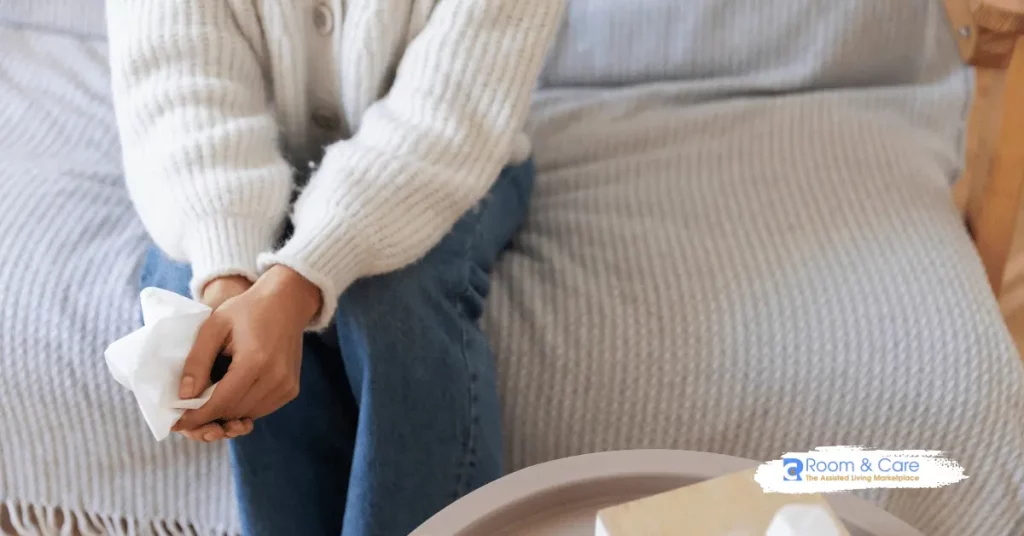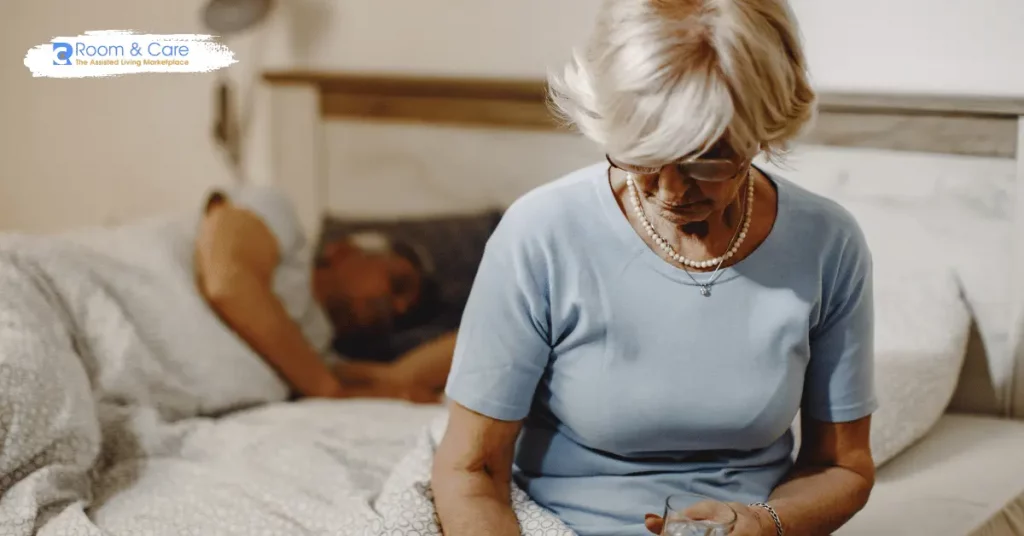

Elderly incontinence is a common condition that significantly impacts the lives of many older adults. It’s a topic that often remains under-discussed, but it’s crucial to address because it directly affects seniors’ physical health, emotional well-being, and overall quality of life. Whether you are a caregiver, family member, or senior living with incontinence, understanding the condition is the first step toward better management and care. In this article, we’ll dive deep into elderly incontinence—what it is, its causes, and the best management strategies available today, including why senior living communities are often the best place for effective care.
Elderly incontinence refers to the involuntary loss of bladder or bowel control. This condition can vary in severity, from occasional leaks to a complete loss of control. Although it is more common as people age, it’s not an inevitable part of growing older. There are various causes, types, and treatments for elderly incontinence, making it a manageable condition when addressed correctly.
Understanding the type of incontinence a senior is experiencing is crucial in determining the best course of action for management or treatment. There are several types:
Elderly incontinence can have various causes, and identifying the underlying reason is essential for effective treatment. Some of the most common causes include:
For seniors, incontinence often brings more than just physical discomfort. It can lead to emotional stress, embarrassment, and social isolation. Many seniors fear accidents in public or around friends and family, which can cause them to withdraw from activities they once enjoyed. It’s important for caregivers and loved ones to recognize that this condition can also affect mental health and to offer support in a compassionate, non-judgmental way.
Fortunately, there are many strategies to manage both the physical symptoms of incontinence and the emotional toll it can take. Providing seniors with the tools they need to manage their condition can make a significant difference in their confidence and quality of life.

Managing elderly incontinence requires a combination of medical treatments, lifestyle adjustments, and emotional support. Here are some of the most effective ways to manage the condition:
Several medical treatments are available, depending on the cause and type of incontinence.
Beyond medical treatments, there are several lifestyle adjustments that can significantly improve incontinence symptoms:
There are a wide variety of incontinence products available to help seniors manage the condition discreetly and comfortably. These include:
When incontinence becomes too challenging to manage at home, many families consider transitioning their loved ones to a senior living community. Senior living communities, including assisted living facilities, memory care units, and adult family homes, are designed to provide specialized care for residents with incontinence. Here’s why these environments are often ideal for managing this condition:
If you’re considering moving a loved one to a senior living community due to incontinence, there are several factors to consider:

No, incontinence is not an inevitable part of aging. Although it becomes more common with age due to muscle weakening and other health conditions, it can often be treated or managed. Many seniors live without incontinence by staying active, maintaining a healthy weight, and following medical advice.
In many cases, incontinence can be managed effectively, and in some cases, it can be cured. The likelihood of a cure depends on the underlying cause. For instance, incontinence related to a urinary tract infection may resolve with treatment, while incontinence due to nerve damage may be managed but not completely cured.
Senior living communities offer professional care that includes assistance with toileting, management of incontinence products, and access to medical treatment. The structured environment helps reduce the likelihood of accidents and ensures that residents feel safe and supported.
Supporting a loved one with incontinence involves being patient, understanding, and proactive. Encourage them to seek medical advice and help them find incontinence products that work for them. If incontinence is affecting their quality of life, consider whether a senior living community may be the right solution.
Incontinence doesn’t have to diminish a senior’s quality of life, and the right environment can make all the difference. Senior living communities provide a supportive setting where incontinence is managed professionally and compassionately, allowing residents to maintain their dignity and enjoy life to the fullest. Families can have peace of mind knowing their loved one is in an environment that offers the specialized care they need.
At Room and Care, we understand how difficult it can be to find the right senior living community for your loved one. That’s why we connect you directly with the best assisted living facilities, adult family homes, memory care facilities, nursing homes, and independent living communities—all without referral fees or middlemen. By eliminating unnecessary costs, we make it easier for families to find the perfect care solution for their loved ones, ensuring they receive the best care at an affordable price.
Elderly incontinence is a common but manageable condition that affects millions of seniors worldwide. With the right combination of medical treatments, lifestyle adjustments, and support from senior living communities, incontinence does not have to diminish a senior’s quality of life. It’s important to approach this condition with understanding and compassion, recognizing that there are many effective solutions available.
Senior living communities offer an ideal environment for managing incontinence, with trained professionals who can provide the necessary care in a supportive, respectful setting. If you or a loved one is struggling with incontinence, consider the many benefits that senior living communities offer.